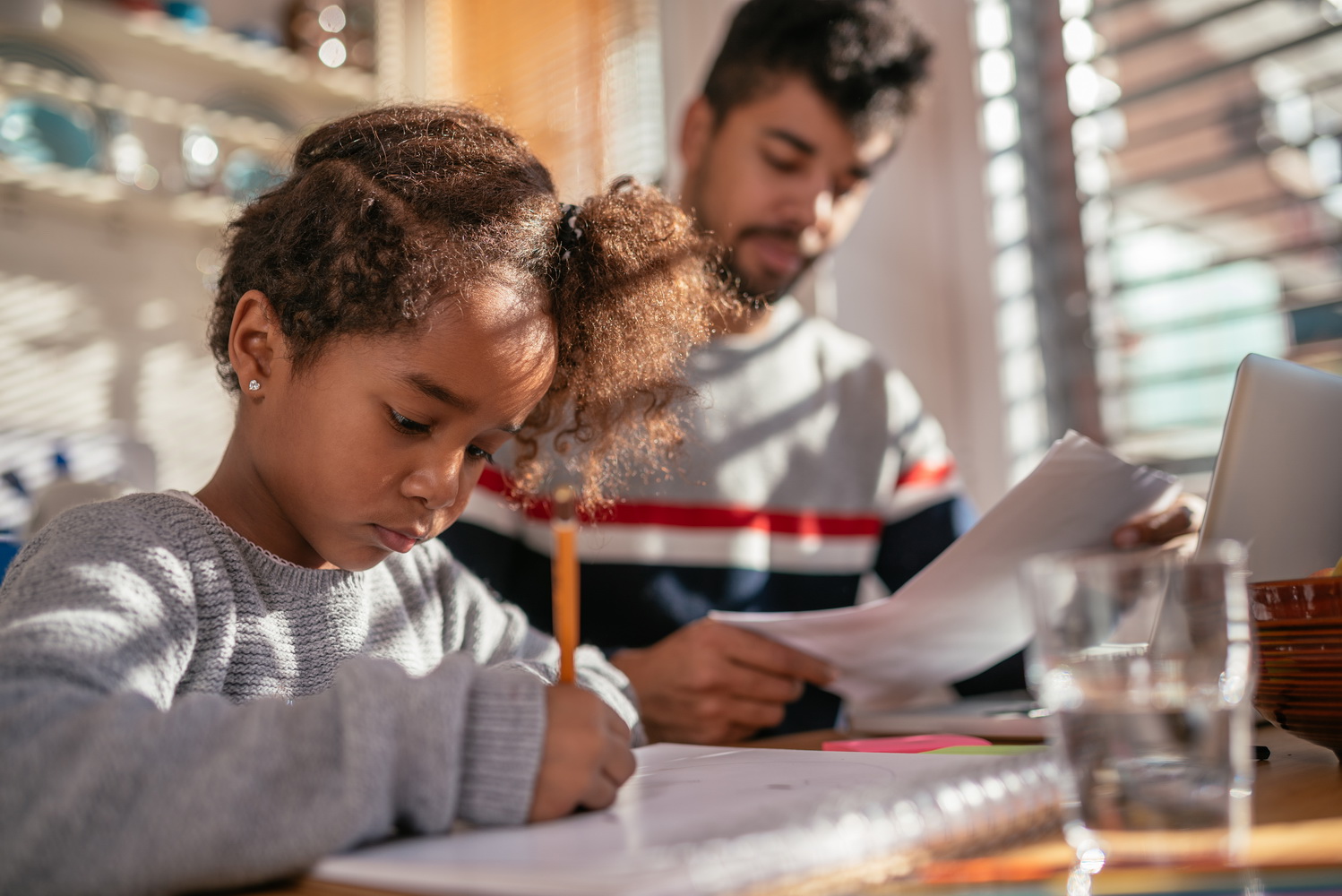Normal Knowledge Check worksheets activities for Ages 3-7
37 filtered results
-
From - To
Explore our engaging Normal Knowledge Check worksheets designed for children aged 3-7. These activities promote essential cognitive development, helping young learners explore foundational concepts through fun and interactive exercises. Each worksheet encourages critical thinking and reinforces knowledge across various subjects, fostering a love for learning. Perfect for both home and classroom use, our activities support early literacy, math skills, and more while keeping children entertained. With colorful illustrations and age-appropriate challenges, these worksheets enhance learning experiences and build confidence. Discover the fun of knowledge checks and ignite curiosity in your little ones today!


Rhyming Words: Assessment Worksheet


Matter: Assessment 1 Worksheet


Force and Interactions: Assessment 1 Worksheet


Let's Check Long Vowels: Assessment Worksheet
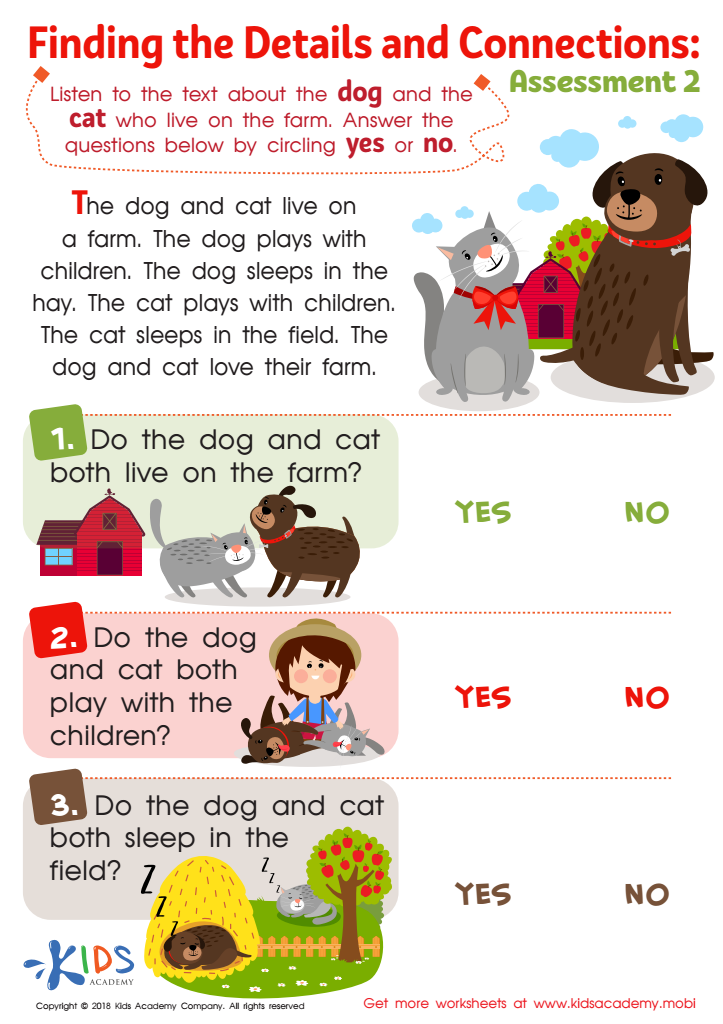

Finding the Details and Connections: Assessment 2 Worksheet
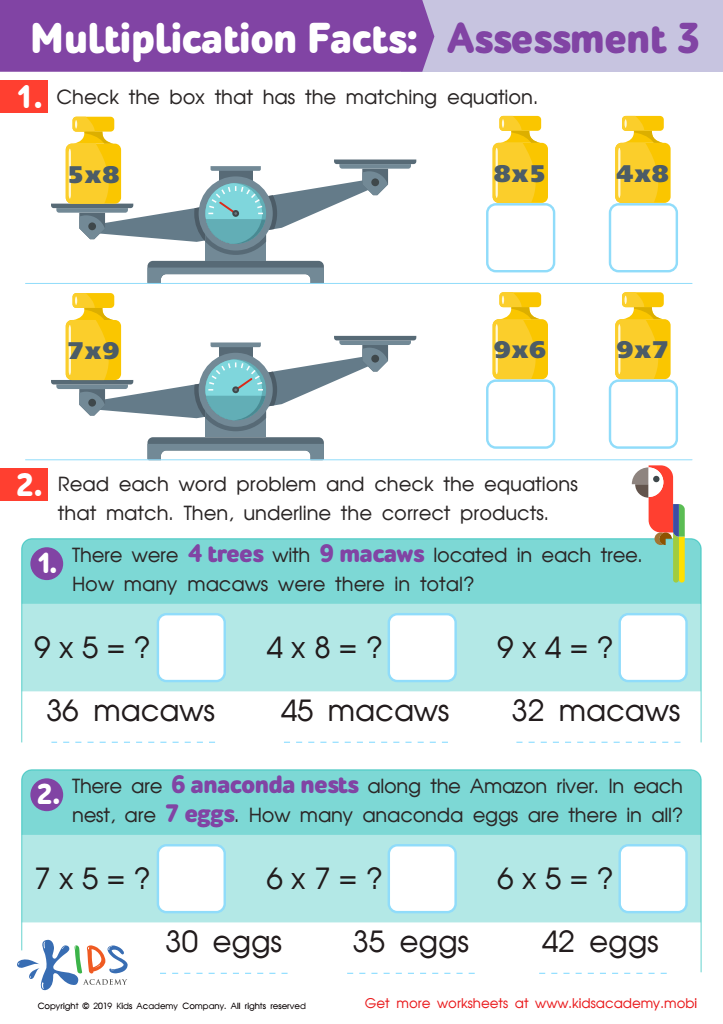

Multiplication Facts: Assessment 3 Worksheet


Vowel and Consonant Sounds: Assessment Worksheet


Space: Assessment 1 Worksheet
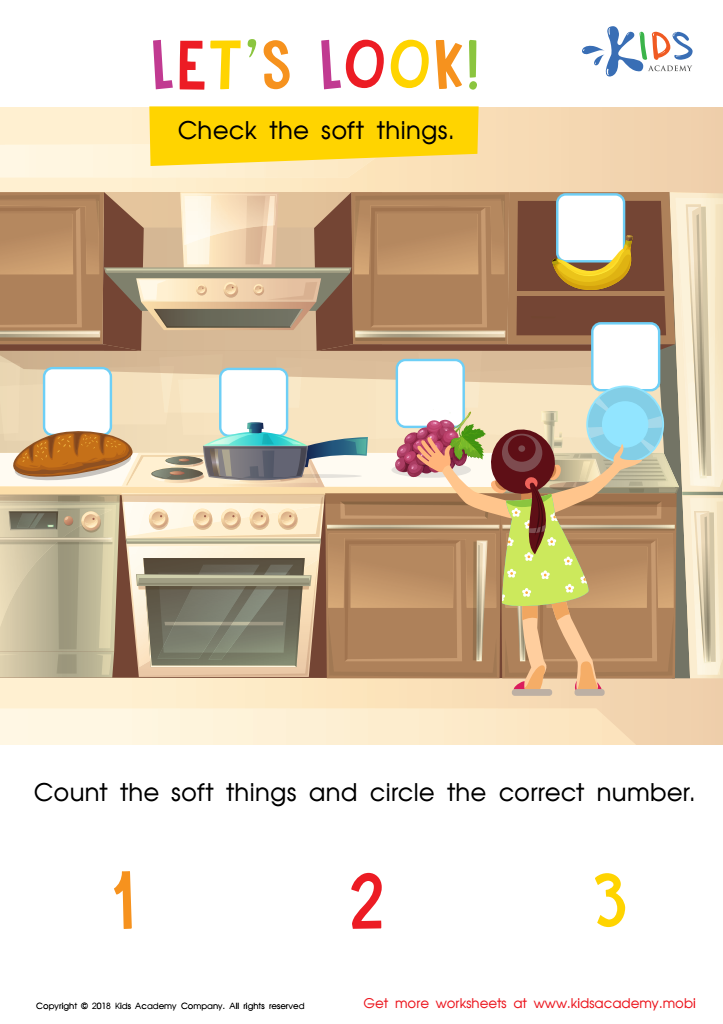

Let's Look! Assessment Worksheet
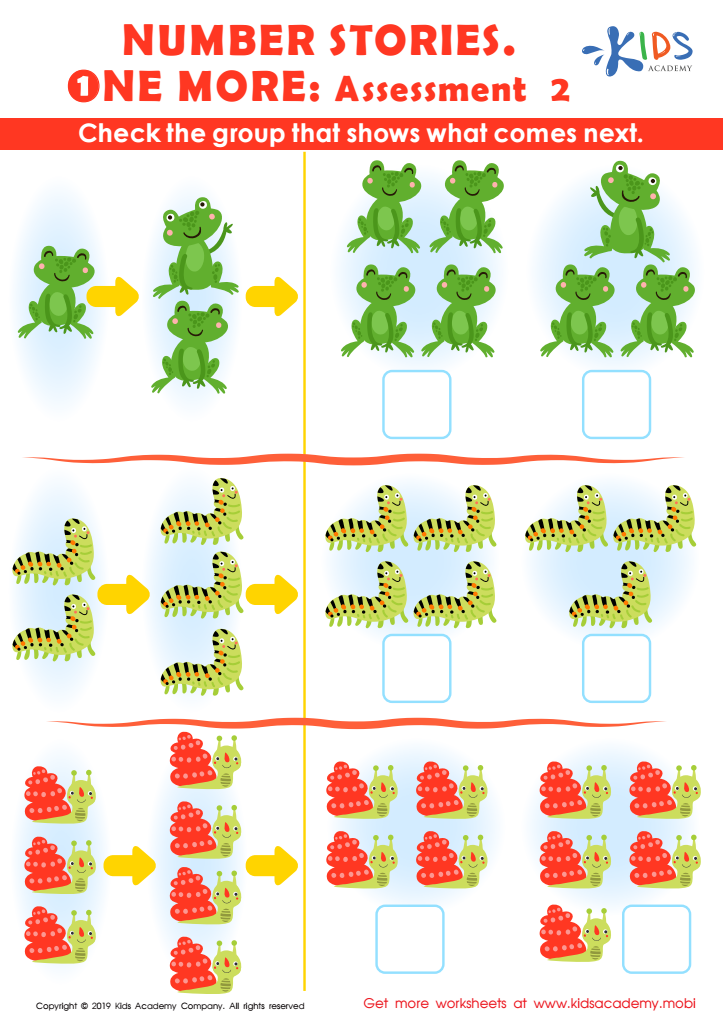

Number Stories One More – Assessment 2 Worksheet
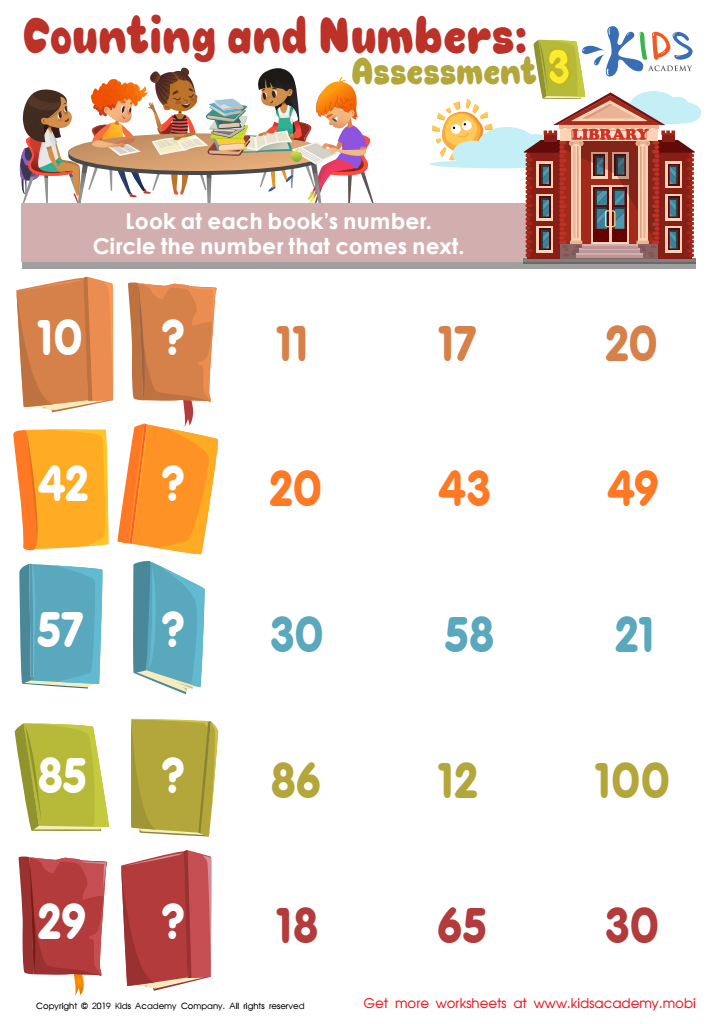

Counting and Numbers: Assessment Worksheet
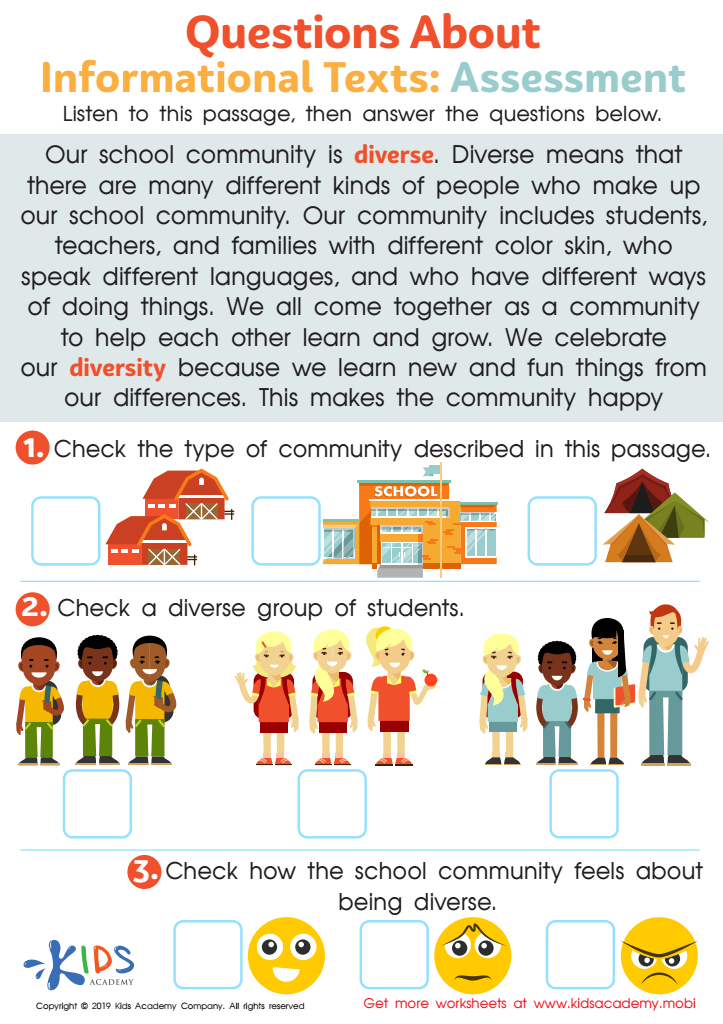

Questions About Informational Texts: Assessment 1 Worksheet
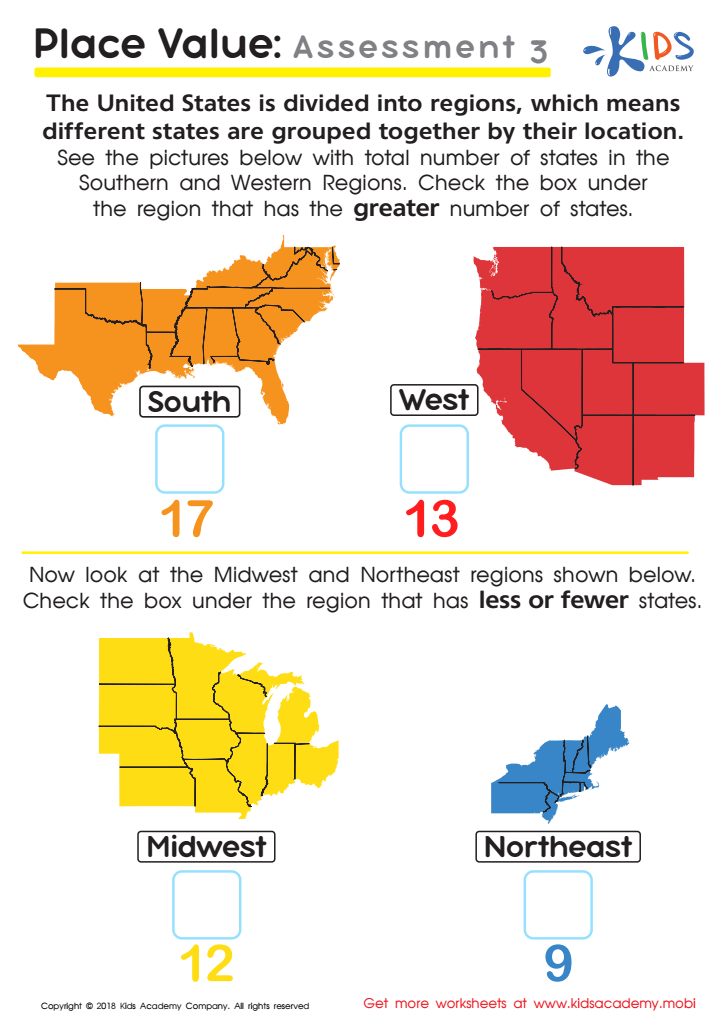

Place Value: Assessment 3 Worksheet
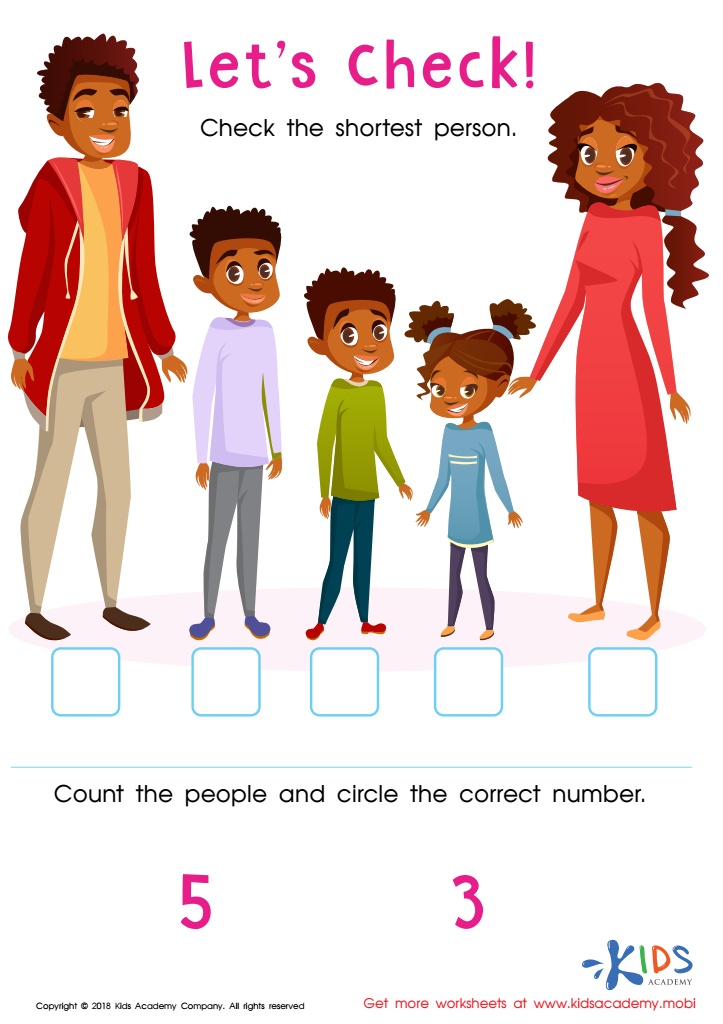

Let's Check! Assessment Worksheet
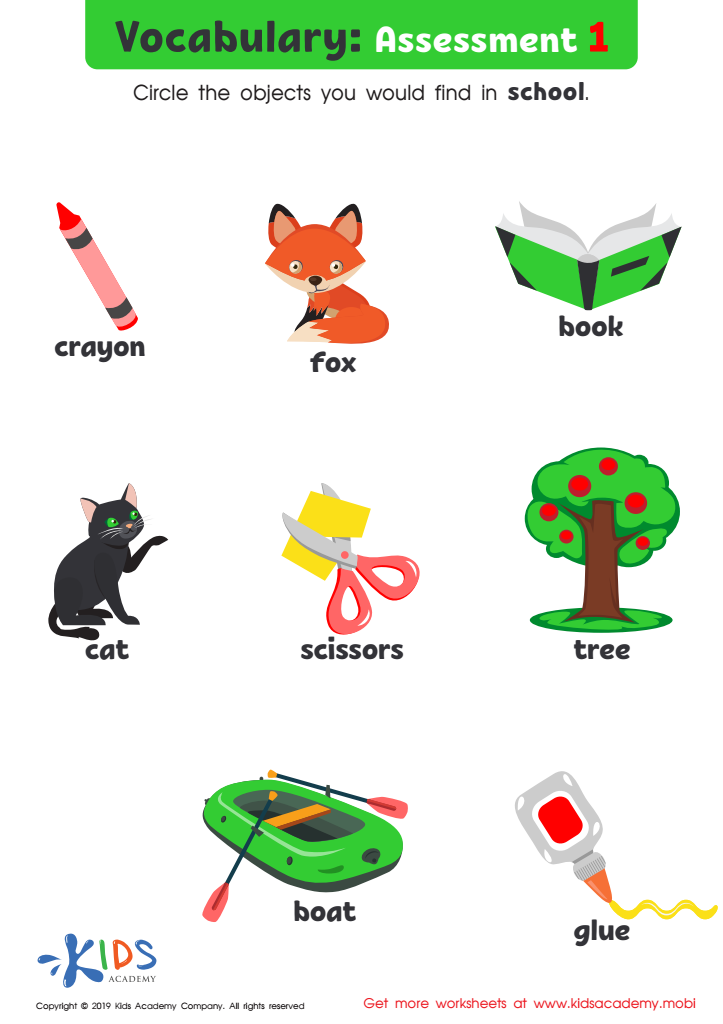

Vocabulary: Assessment 1 Worksheet
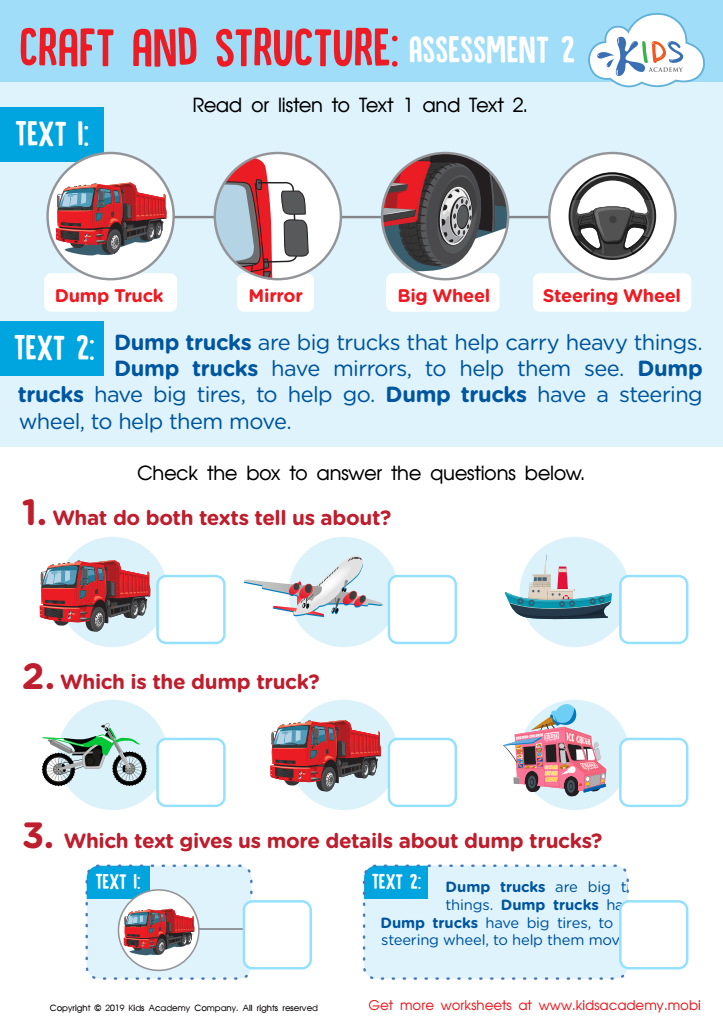

Craft and Structure: Assessment 2 Worksheet
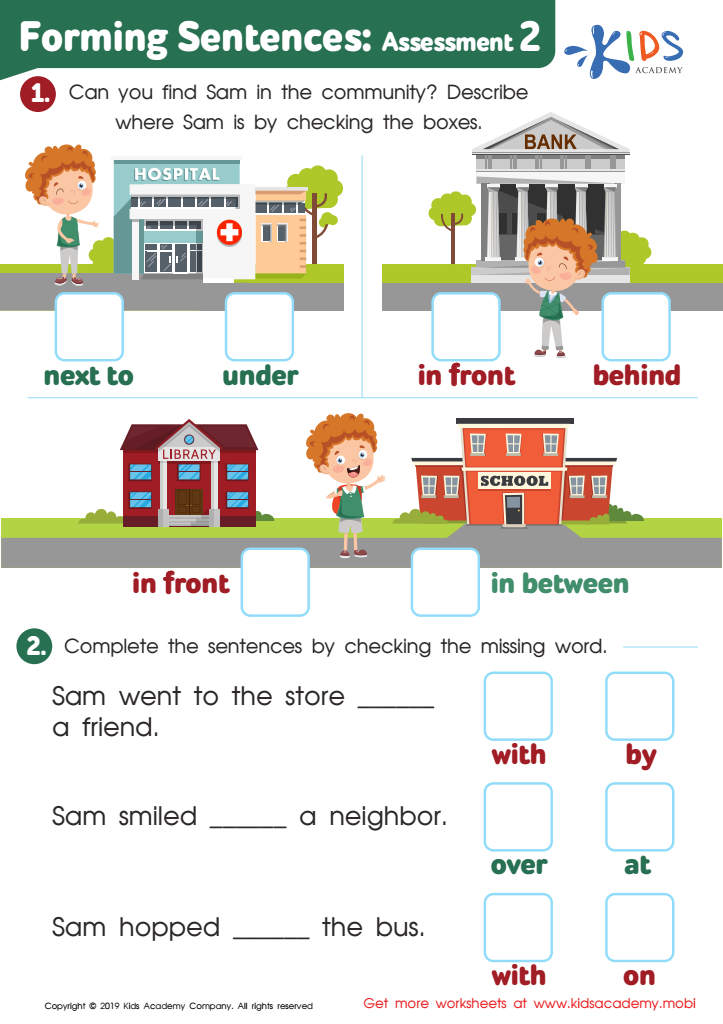

Forming Sentences: Assessment 2 Worksheet
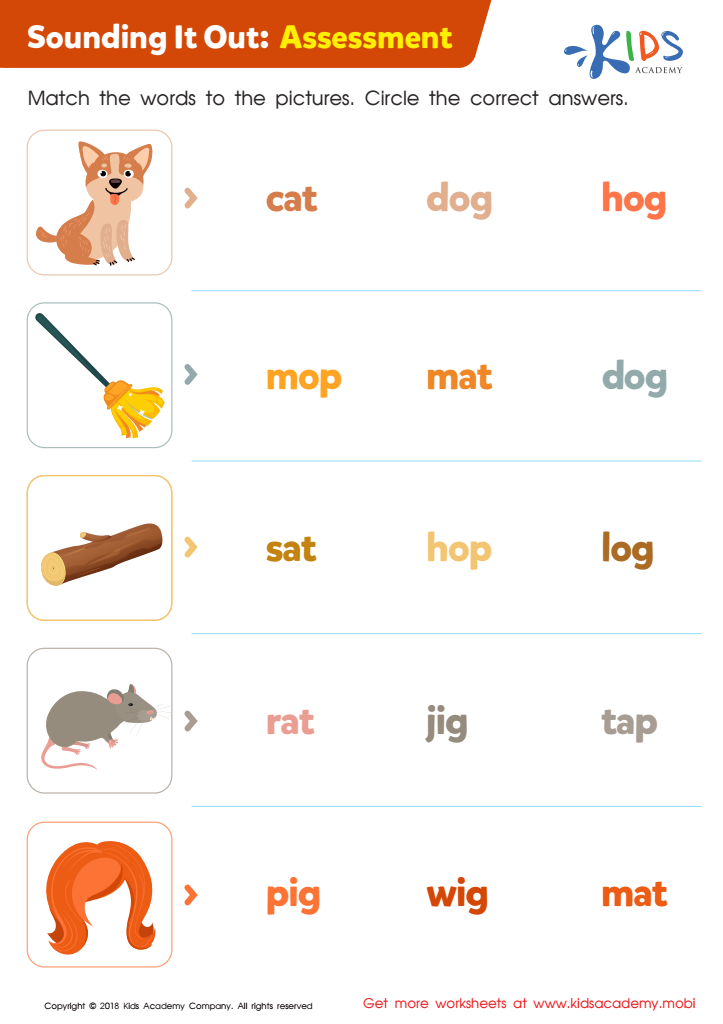

Sounding it Out: Assessment Worksheet


Ecosystems: Assessment 1 Worksheet
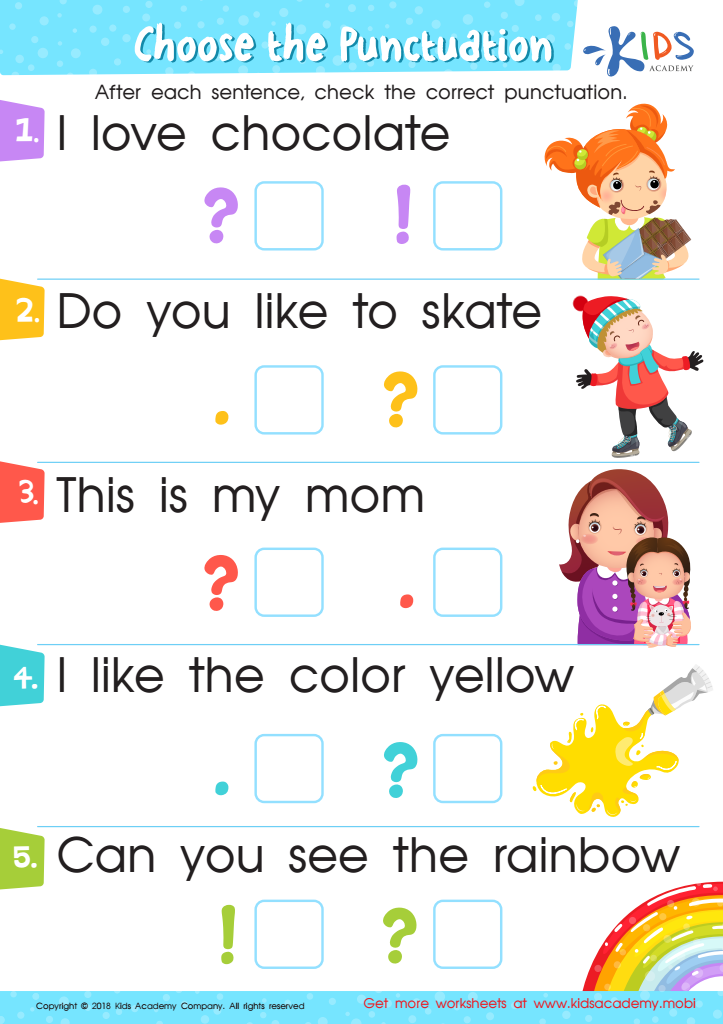

Choose the Punctuation: Assessment Worksheet
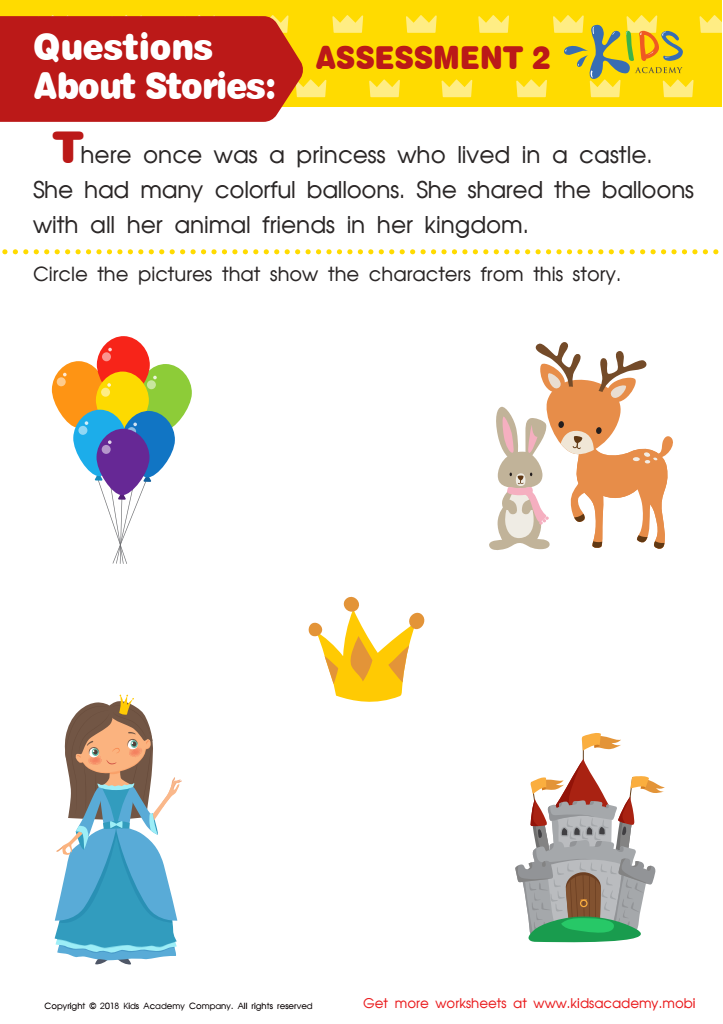

Questions About Stories: Assessment 2 Worksheet
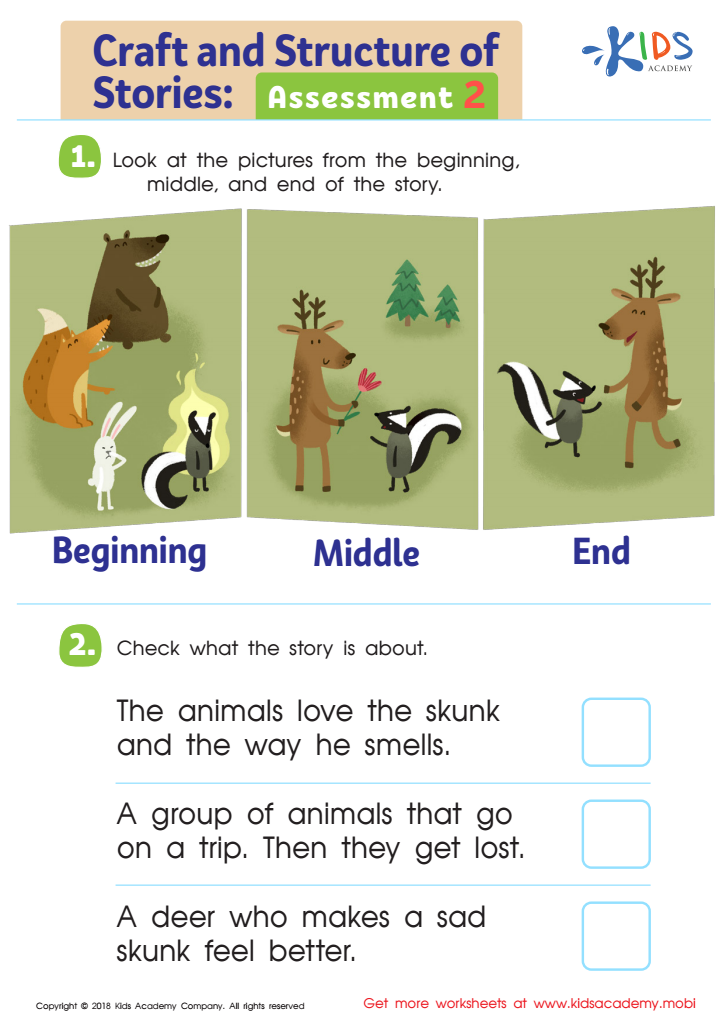

Craft and Structure of Stories: Assessment 2 Worksheet


Light and Sound: Assessment 2 Worksheet


Word Problems: Assessment 2 Worksheet
Normal Knowledge Check activities for ages 3-7 are crucial for both parents and teachers as they lay the foundation for early developmental milestones. These activities engage young children in playful, interactive ways that enhance their cognitive, emotional, and social skills. By assessing a child's understanding of fundamental concepts through enjoyable means, educators and parents can identify areas where a child excels or may need additional support.
Moreover, these activities encourage language development, problem-solving skills, and critical thinking by fostering a sense of curiosity and exploration. They help instill a love for learning from a young age, making children more eager to engage in educational experiences.
Understanding and tracking these check-in activities allow parents and teachers to communicate effectively about the child's progress, adapting educational approaches to meet individual learning needs. Furthermore, Normal Knowledge Check activities provide opportunities for positive reinforcement, helping build a child’s self-esteem and motivation.
Ultimately, prioritizing Normal Knowledge Check activities benefits not just the individual child's development, but also creates a more informed and collaborative educational environment, encouraging growth and success in early learners. Investing in these activities helps shape confident, capable children ready to tackle future learning challenges.

 Assign to My Students
Assign to My Students





